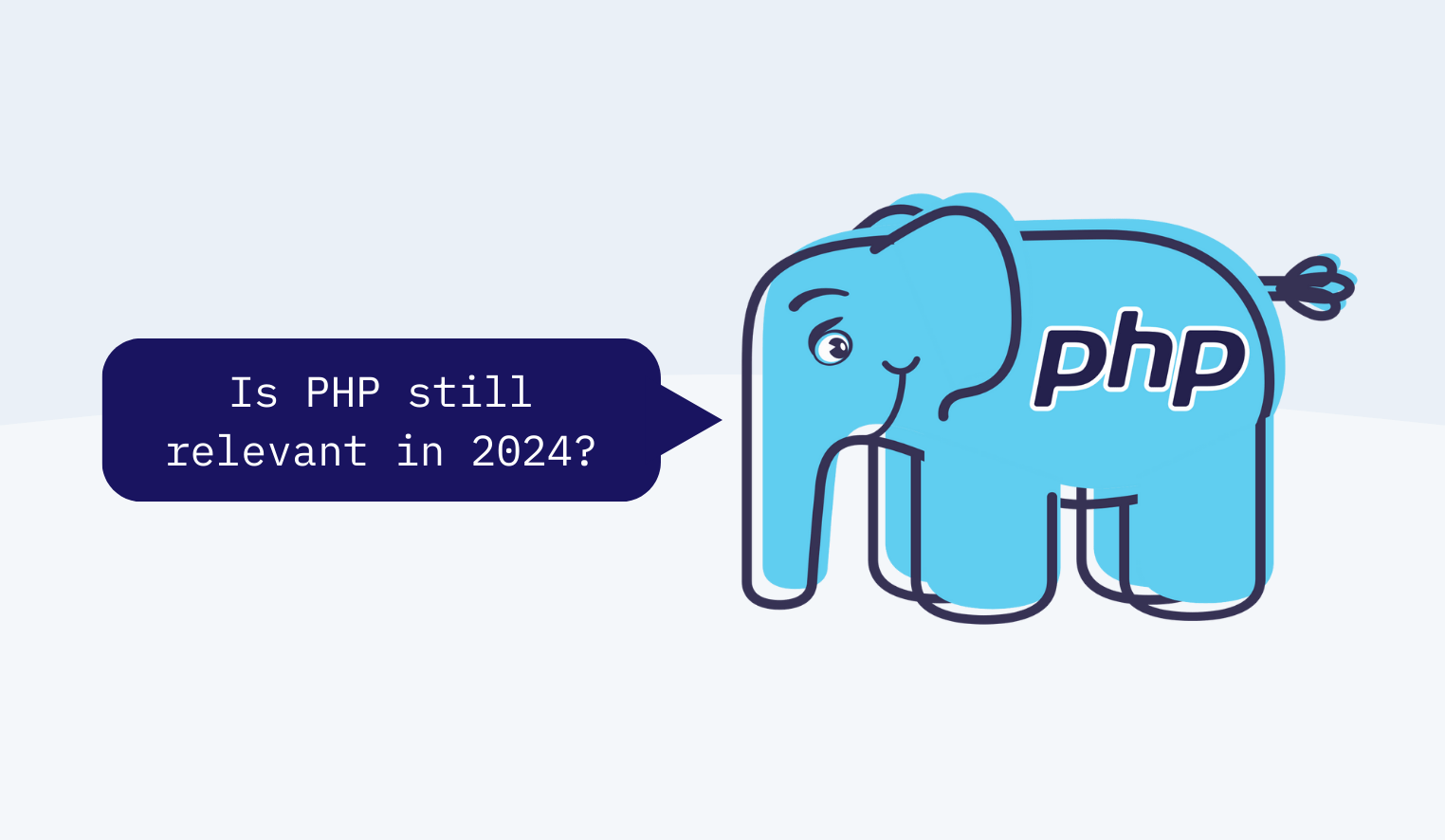HP (Hypertext Preprocessor) has long been a cornerstone of web development since its inception in 1994. Over the decades, it has evolved into a versatile and powerful language that continues to be highly relevant in 2024. Despite the emergence of newer languages and frameworks, PHP maintains a strong presence in the web development ecosystem for several compelling reasons.
1. Wide Adoption and Legacy Systems
PHP powers a significant portion of the internet, including popular platforms like WordPress, Drupal, and Magento. Many existing websites and applications are built on PHP, ensuring a steady demand for PHP developers who can maintain and upgrade these systems. Learning PHP opens doors to job opportunities across various industries where legacy systems continue to thrive.
2. Ease of Learning and Deployment
One of PHP’s biggest strengths is its simplicity and ease of use. Beginners find it accessible due to its straightforward syntax and minimal setup requirements. It integrates seamlessly with HTML, making it easy to embed PHP code directly within web pages. This simplicity accelerates development cycles and allows developers to quickly prototype and deploy applications.
3. Rich Feature Set and Functionality
PHP is not just for basic scripting; it offers a robust set of features and functionalities suitable for building complex web applications. From handling form data and file uploads to interacting with databases and implementing powerful server-side logic, PHP can do it all. Its extensive standard library and vast ecosystem of third-party libraries and frameworks (such as Laravel, Symfony, and CodeIgniter) provide developers with tools to streamline development and maintain code quality.
4. Scalability and Performance
Contrary to popular misconceptions, PHP is highly scalable when used with appropriate architectural patterns and caching mechanisms. With advancements in PHP versions (PHP 7 and beyond), significant performance improvements have been made, making it competitive with other modern languages. Moreover, PHP’s ability to run on various platforms and its compatibility with different web servers ensure flexibility in deployment options.
5. Community Support and Resources
PHP boasts a vibrant community of developers who actively contribute to its development and share their knowledge through forums, conferences, and online tutorials. This wealth of resources makes it easier for beginners to learn PHP and for experienced developers to stay updated with the latest trends and best practices. The PHP community’s collaborative spirit fosters innovation and ensures the language continues to evolve.
6. Versatility in Use Cases
From building dynamic websites and e-commerce platforms to creating RESTful APIs and integrating with third-party services, PHP remains a versatile language suitable for a wide range of applications. Its versatility extends to both small-scale projects and enterprise-level solutions, making it a preferred choice for developers looking to tackle diverse challenges.
7. Career Opportunities
In 2024, the demand for PHP developers remains strong, particularly for those with skills in modern PHP frameworks and technologies. Companies continue to seek PHP expertise to maintain and expand existing systems while developing new applications. Learning PHP not only opens doors to job opportunities but also positions developers to work on impactful projects across industries.
Conclusion
In conclusion, learning PHP in 2024 is a smart choice for anyone aspiring to become a web developer or looking to expand their skill set. Its widespread adoption, ease of learning, rich feature set, scalability, and supportive community make PHP a reliable and versatile language for building robust web applications. By mastering PHP and staying abreast of its evolving ecosystem, developers can position themselves at the forefront of modern web development practices, ensuring their skills remain relevant and in demand for years to come.

 Subscribe to my channel
Subscribe to my channel